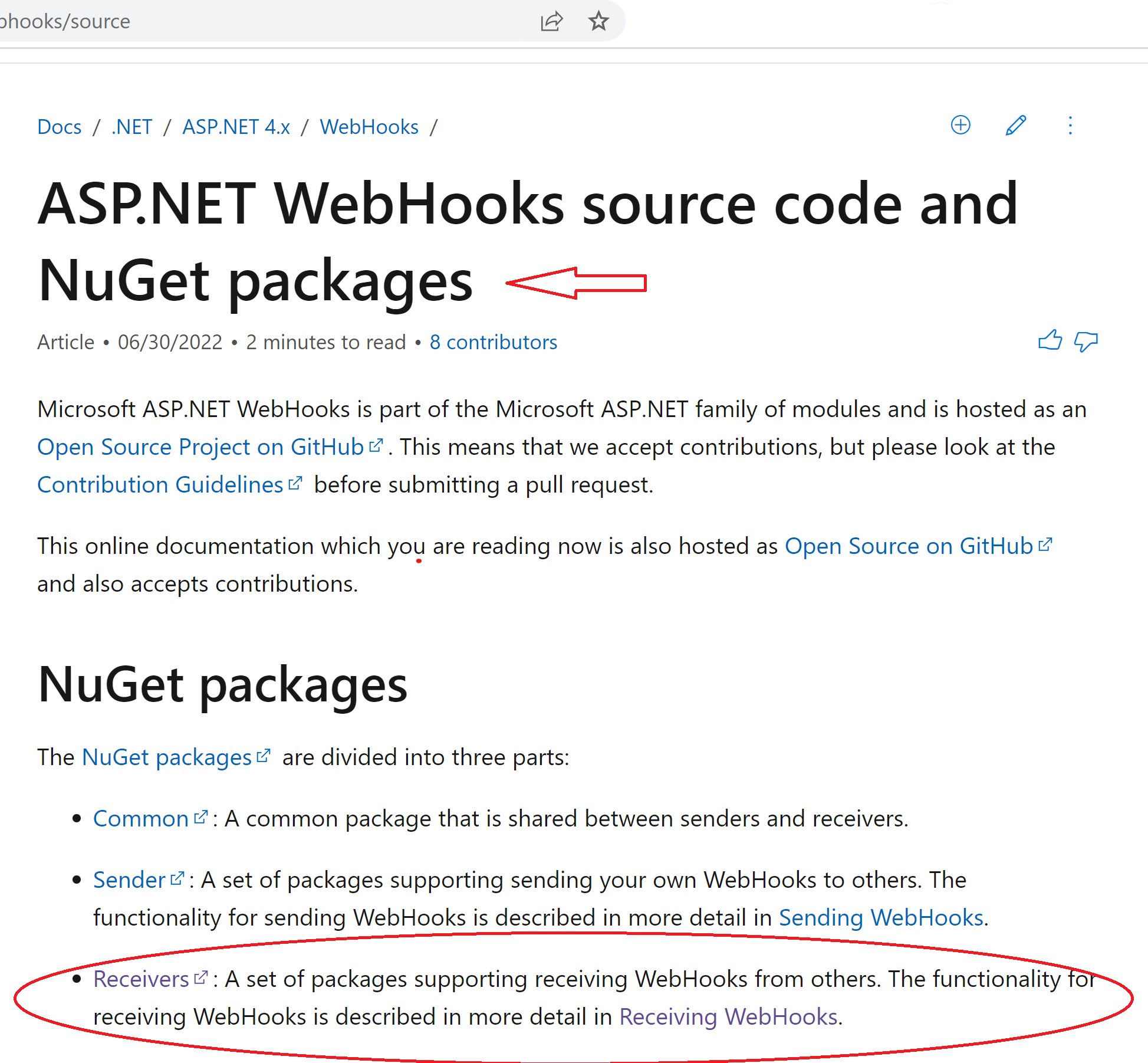I maintain far too many NuGet packages and I'm trying to find a tool that generates a plain text file of the public API surface for each assembly (like a post-build step). Each namespace, class, interface, struct, method signature, member, field, would be a line, all alphabetically sorted.
Having a src/PublicAPIs.txt file change whenever I change the public API surface would be amazing - the github diff would immediately show me what I modified or removed or added, and the file would be invaluable for tracking API changes over time.
I'd be far less likely to accidentally expose a private API or break an existing one, I think.
I feel like this must already exist and I'm just missing something? I know of Telerik JustAssembly for basic .dll comparisons, but I'm looking for something than can write a file to the git repository automatically so I don't have to remember to open a tool, and any breaking change will pop up during my normal workflow.





